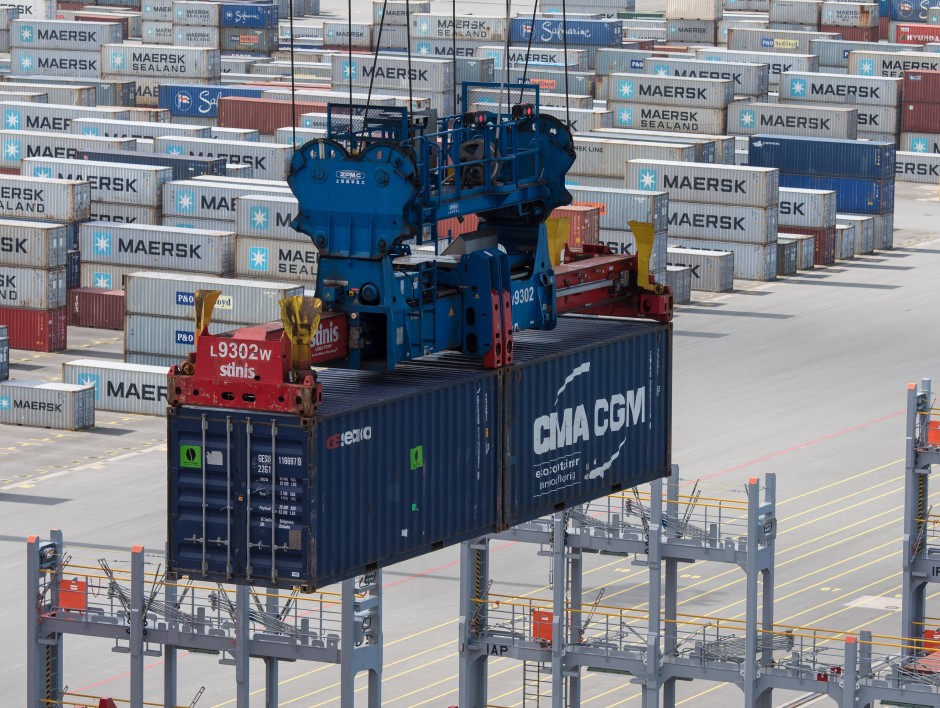
Dhe mood in the executive floors of German companies brightened in December for the third month in a row. The Ifo business climate index rose to 88.6 points from the revised 86.4 points in the previous month, as the Munich Ifo Institute announced on Monday in its survey of around 9,000 executives. Economists surveyed by the Reuters news agency had only expected 87.4 points.
Companies were more satisfied with current business: this situation indicator had previously fallen six times in a row. Expectations also improved noticeably. “The German economy draws hope at Christmas,” said Ifo President Clemens Fuest.
According to Ifo expert Klaus Wohlrabe, the brightening of the business climate is spreading through almost all sectors. “The likelihood of a recession has gone down with this Ifo data. There are positive signals, but it cannot be ruled out that this will happen, ”said the economist to the Reuters news agency. The economy sees at least a silver lining on the horizon.
The mood is still worse than the situation, says VP Bank chief economist Thomas Gitzel. The mood may also be too negative: “This in particular gives reason to hope that the expected recession will be shorter and milder than originally expected.”
The latest survey data from the financial services provider S&P Global confirm the upward trend, according to which the downward slide in the German economy slowed down significantly towards the end of the year. At 48.9 points, the purchasing managers’ index for the private sector moved closer to the growth threshold of 50 points and reached its highest level in six months. The Ifo Institute expects gross domestic product to shrink by a minimum of 0.1 percent next year.
Even though the business climate has brightened up significantly before the turn of the year, many experts believe that caution is still required: “The very latest developments are likely to dampen expectations again in the near future,” says LBBW economist Jens-Oliver Niklasch. “These include the significant drop in gas storage levels or the fear of further increases in key interest rates, which caused prices to slide on the financial markets at the end of the previous week.









